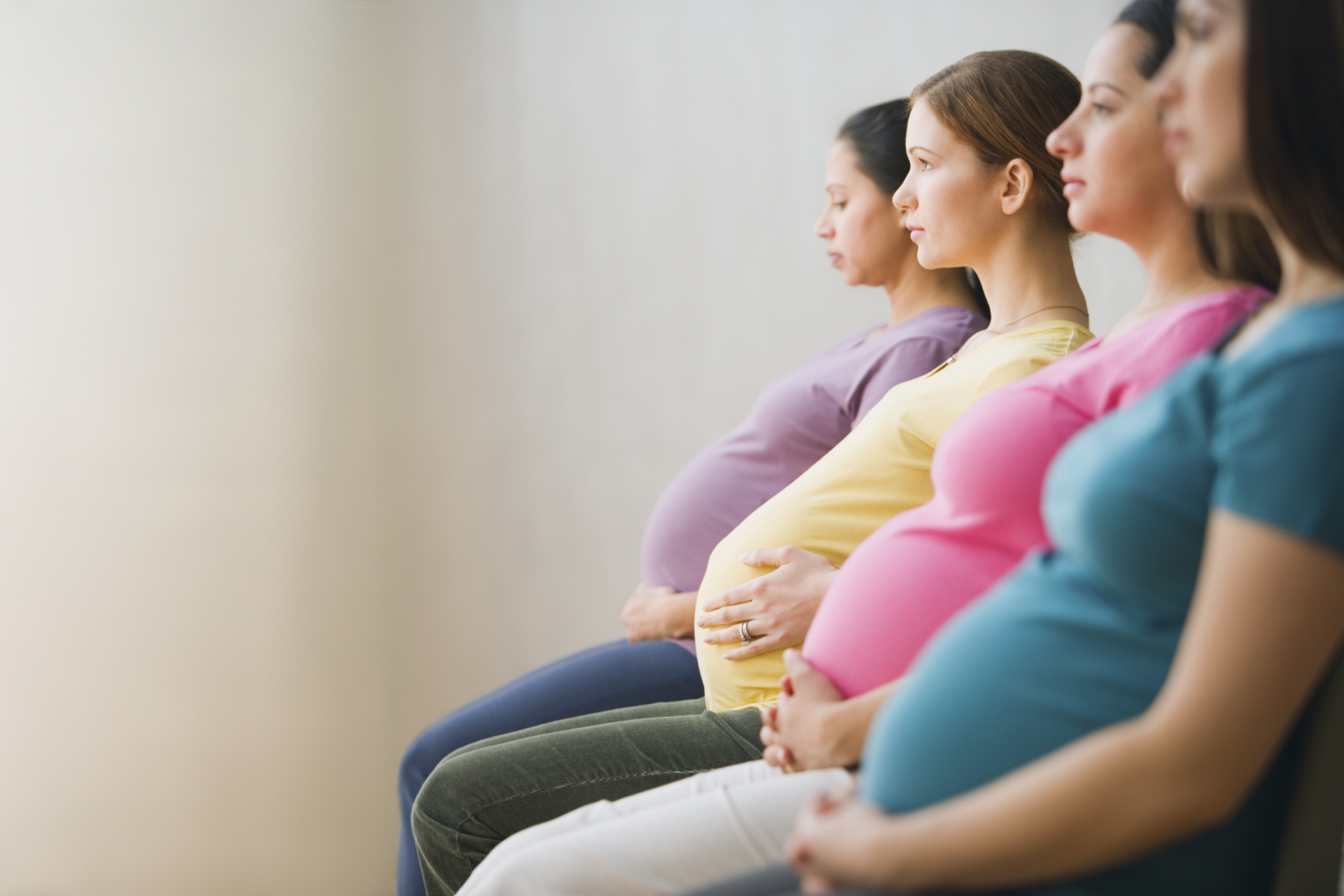

The month of May brought us spring blooms, Cinco de Mayo celebrations, Mother’s Day, and Maternal Mental Health Month. Since 2014, May has been designated as Maternal Mental Health Month, recognizing the importance of maternal physical and mental health. Concerns over maternal mental health have been documented as early as 460 B.C.1
We generally expect becoming a mother to be a happy and fulfilling journey, but as every pregnant woman and new mom knows, it is not without stress. Perinatal depression and anxiety affect up to 20% of women around the world.2 According to the California Department of Public Health (CDPH), symptoms of prenatal depression plagued 15% of pregnant women and 13% of postpartum women from 2018 – 2020.3
Unfortunately, self-doubt and stigma may prevent as many as 70% of suffering women from seeking help.3 Although many prevention and treatment efforts exist to protect mothers and babies, maternal mental health services are not available to all.4 For example, although California expanded Medicaid coverage through the Affordable Care Act5 and the American Rescue Plan Act of 2021 extended postpartum coverage to 12 months,6 a widening gap exists in San Bernardino County between the need for and availability of perinatal care.7 And while digital resources, including websites and apps, can reach some at-risk women, they are not enough.3 Ensuring equity in access to high quality mental health care remains a challenge.
In January 2023, Congress passed and the President signed the TRIUMPH for New Moms Act (H.R.4217/S.2779), a bipartisan bill to improve maternal mental health. This Act will fund a taskforce to develop national strategies to address mental health disorders, provide direction for states to manage integrated services, and ensure inter-agency collaboration to optimize mental health outcomes.8
Efforts include screening for adequate social support, mental health symptoms or disorders, and suicide risk. Additionally, the TRIUMPH Act calls for supporting effective solutions such as care models including a broader contingency of support (such as certified peer specialists, community health workers, doulas, and board-certified mid-level perinatal mental health providers) that would help bridge the gap, as California is one of the states with the worst shortage of mental health care availability.2, 9
Meanwhile, the CDPH website provides printable materials, social media, video libraries, hotline numbers for those in crisis, and information and training for health professionals.10 (See https://www.cdph.ca.gov/Programs/CFH/DMCAH/Pages/Communications/Maternal-Mental-Health.aspx.)
The hope is that effective prevention and intervention strategies are generated, synthesized, and disseminated so that new health policies can build on these efforts and make solutions more accessible. However, it is important that these health policies aimed at reducing the stigma of maternal mental health disorders be embraced locally with intentional community efforts. The bottom line is that as a society, we need to make supporting mothers a high priority at all levels.
Maternal Mental Health Month was a reminder that the mental health of mothers requires more than flowers on Mother’s Day. Preserving maternal health is a months- and years-long occupation and safeguards the health of the society at large.
Author Bio:

Lisa R. Roberts, DrPH, MSN, FNP-BC
Dr. Roberts is a Professor and the Research Director at the School of Nursing, with a secondary appointment in the Division of Interdisciplinary Studies in the School of Behavioral Health. Her primary research interests concern maternal health and coping with perinatal grief. Her research interests also include mixed methods and community-based self-help interventions that address issues impacting vulnerable populations and health disparities. Her clinical focus as a Family Nurse Practitioner is prevention and primary care.
References:
- https://nationaltoday.com/maternal-mental-health-month/
- Waqas A, Koukab A, Meraj H, Dua T, Chowdhary N, Fatima B, et al. Screening programs for common maternal mental health disorders among perinatal women: report of the systematic review of evidence. BMC psychiatry. 2022;22(1):54.
- https://www.cdph.ca.gov/Programs/CFH/DMCAH/surveillance/Pages/Maternal-Mental-Health.aspx
- https://wmmhday.postpartum.net/
- https://www.kff.org/medicaid/issue-brief/status-of-state-medicaid-expansion-decisions-interactive-map/
- https://www.kff.org/medicaid/issue-brief/medicaid-postpartum-coverage-extension-tracker/
- https://indicators.sbcounty.gov/wellness/behavioral-health/
- https://www.hassan.senate.gov/news/in-the-news/senator-hassans-bipartisan-bill-to-improve-maternal-mental-health-now-law-supported-by-leading-maternal-health-advocacy-group
- https://www.2020mom.org/issue-briefs-and-papers
- https://www.cdph.ca.gov/Programs/CFH/DMCAH/Pages/Communications/Maternal-Mental-Health.aspx
